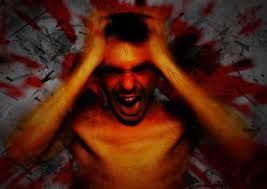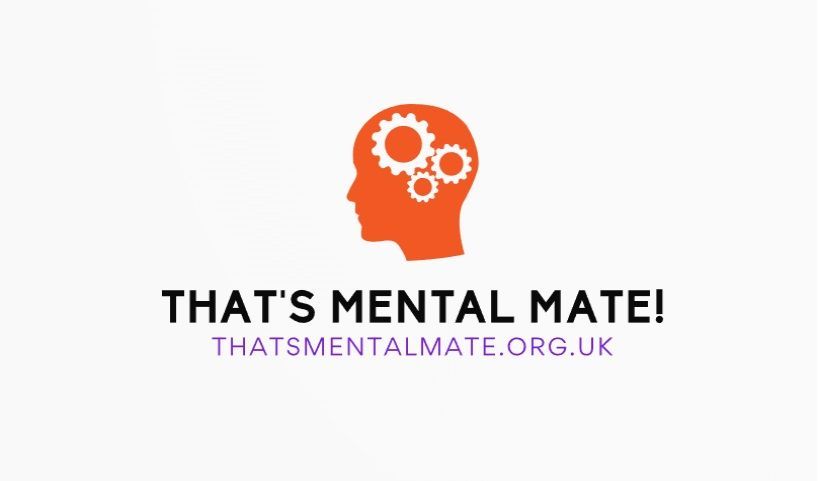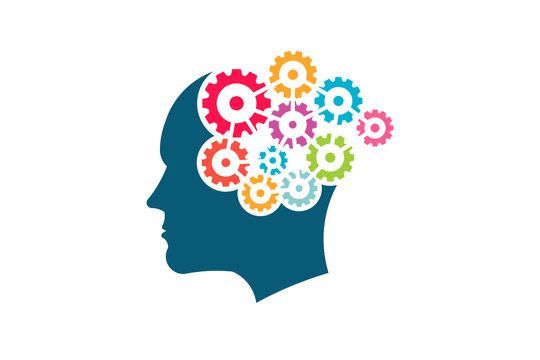Oppositional Defiant Disorder (ODD)

What is ODD?

"Adults with oppositional defiant disorder (ODD) display a pattern of negative, hostile, and defiant behavior that lasts at least six months and includes four (or more) of the following symptoms:
- Often loses temper.
- Often argues with family and coworkers.
- Actively defies or refuses to comply with rules and laws.
- Deliberately annoys people.
- Blames others for his or her mistakes or misbehavior.
- Easily annoyed by others.
- Angry and resentful.
- Spiteful or vindictive.
Adults with ODD are more than just aggressive and irritating from time to time. They feel mad at the world every day, and lose their temper regularly. This may manifest as verbal abuse or road rage. Adults with ODD defend themselves relentlessly when someone says they’ve done something wrong. They feel misunderstood and disliked, hemmed in, and pushed around.
Constant opposition to authority figures makes it difficult for adults with ODD to keep jobs and to maintain relationships and marriages. They are particularly quick to anger, they are impatient, and they have a low tolerance for frustration. They see themselves as mistreated, misunderstood, and unappreciated. They see themselves as the victim rather than the cause of the pain in the family system."
Taken from www.additudemag.com
What are the treatments for ODD?

"Oppositional Defiant Disorder treatment may include:
- Cognitive-behavioral therapy.
- Parent-child interaction therapy.
- Collaborative problem solving.
- Medication in the form of a low dose, atypical neuroleptic.
- Lifestyle changes."
Taken from www.additudemag.com
Links for NHS treatment
If you live in England and are aged 18 or over, you can access NHS talking therapies services for anxiety and depression.
A GP can refer you, or you can refer yourself directly without a referral.
NHS talking therapies services offer:
- talking therapies, such as cognitive behavioural therapy (CBT), counselling, other therapies, and guided self-help
- help for common mental health problems, like anxiety and depression
The problems that talking therapies services can treat include:
- depression
- generalized anxiety
- social anxiety
- panic and agoraphobia
- other phobias
- obsessive-compulsive disorder (OCD)
- post-traumatic stress disorder (PTSD)
- irritable bowel syndrome (IBS)
- body dysmorphic disorder
You need to be registered with a GP to get talking therapies on the NHS.
To self-refer for Talking Therapies click here.


